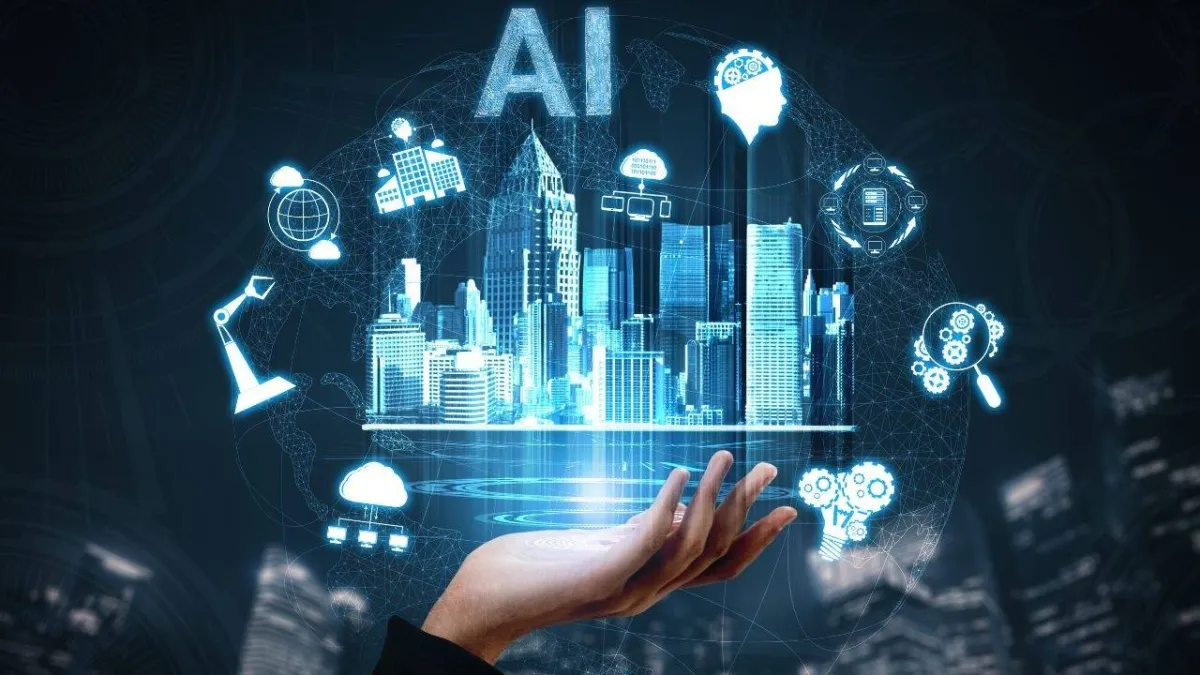The Rise of Artificial Intelligence in Writing
The world of literature is undergoing a significant transformation with the advent of artificial intelligence (AI) in writing. Thousands of books are being written with the help of AI, raising questions about the future of writing and the role of authors. Some writers are using AI to generate content, while others are fighting to prove that their work is original and not created by machines.
The Blurred Lines between Human and Machine
The line between human and machine-generated content is becoming increasingly blurred. AI-generated books are being presented under borrowed names, and readers are often unable to distinguish between them. This has led to a situation where authors are struggling to prove that their work is original, and not created by machines. The speed at which AI-generated books are being produced is staggering, with some authors managing to produce a full book in just a few hours.
The Exploitation of Authors
The exploitation of authors is a significant concern in this new landscape. AI companies are using the work of authors without their permission, and without compensating them. This is making it difficult for authors to pursue thieves and prove their crime. The use of AI is also raising questions about ownership and copyright, with many authors feeling that their work is being stolen and used without their consent.
The Impact on Readers
The rise of AI-generated content is also having an impact on readers. Many readers are seduced by the ease and convenience of AI-generated books, and are accepting of mediocrity. This is affecting the demand for high-quality, original content, and is making it difficult for writers to make a living from their work. The fact that readers are accepting of AI-generated content is also raising questions about the value of originality and creativity.
The Response of the Publishing Industry
The publishing industry is responding to the rise of AI-generated content in different ways. Some publishers are partnering with AI companies to generate content, while others are resisting the trend. The offer by Harper Collins to pay authors $2500 per book to use their content to train AI models has been met with resistance from many authors. The use of AI is also raising questions about the role of publishers and the value they add to the publishing process.
The Confusion among Librarians
The rise of AI-generated content is also causing confusion among librarians. Many librarians are unsure about how to deal with AI-generated books, and are struggling to decide whether to accept them or not. The fact that AI-generated books are often indistinguishable from human-generated content is making it difficult for librarians to make a decision.
The Call to Action
Many authors are calling for action to be taken to prevent the exploitation of their work. Over 70 prominent American writers have sent an open letter to publishers, calling for them to prevent the use of AI-generated content without permission or compensation. The letter also calls for laws to be put in place to prevent the use of AI-generated content without permission. The fact that AI is becoming increasingly powerful and sophisticated is making it difficult for authors to protect their work, and is raising questions about the future of creativity and originality.
The Bitter Question
The question of whether AI-generated content is fair use is a bitter one. Recent court decisions have ruled that the use of AI-generated content is fair use, because it is transformative and does not compete with the original work. However, many authors and writers are disputing this decision, and are arguing that AI-generated content is not fair use. The fact that AI is becoming increasingly powerful and sophisticated is making it difficult to make a decision, and is raising questions about the future of creativity and originality.
The Unknown Judge
The use of AI is also raising questions about the role of judges and the legal system. The fact that AI is becoming increasingly powerful and sophisticated is making it difficult for judges to make decisions about AI-generated content. The recent court decision that ruled that AI-generated content is fair use has been met with criticism, and many are arguing that the judge did not understand the implications of AI-generated content. The fact that AI is becoming increasingly powerful and sophisticated is making it difficult for judges to make decisions, and is raising questions about the future of the legal system.

